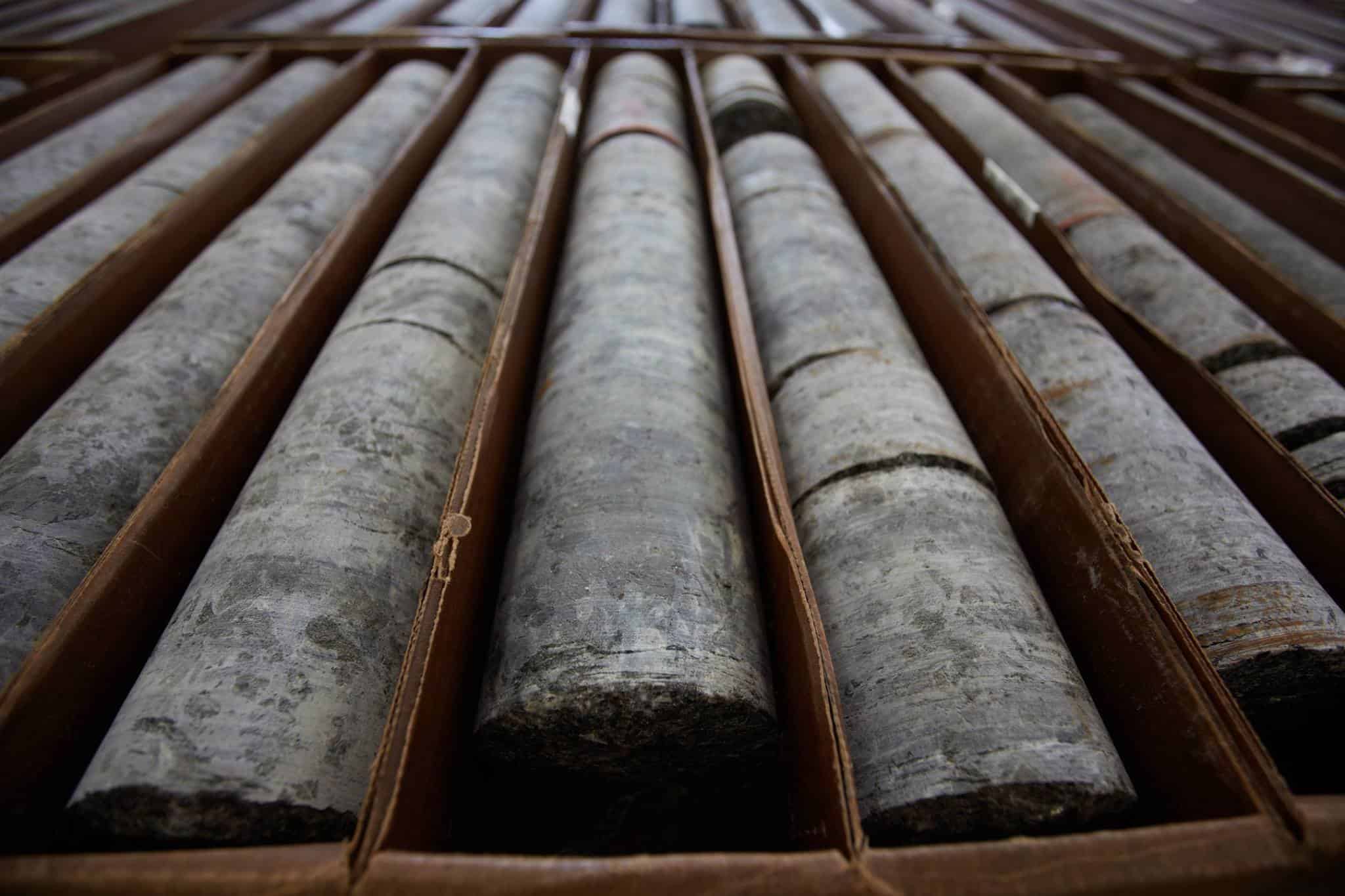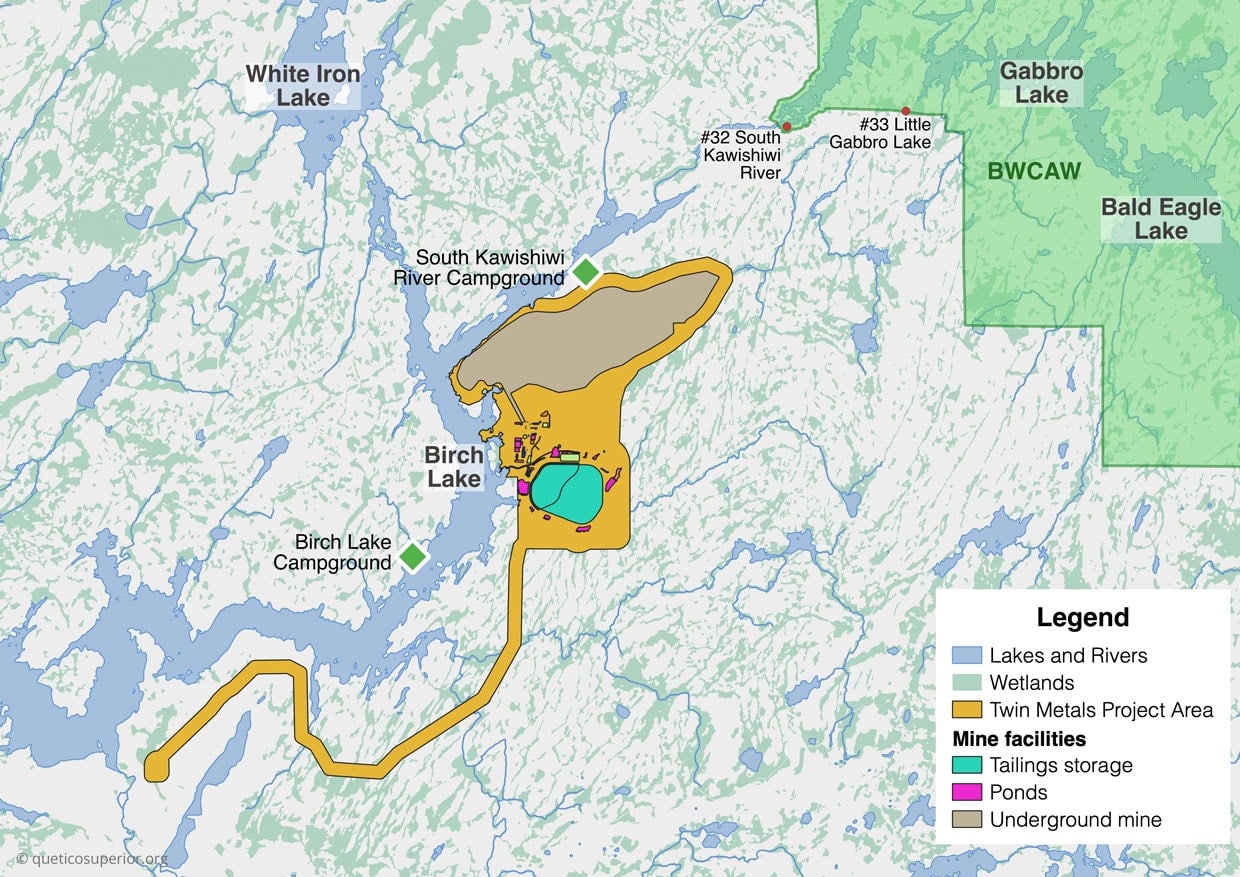
Twin Metals, the company seeking to operate a copper-nickel mine near the Boundary Waters Canoe Area Wilderness, has appealed a recent federal court decision that blocked its mine proposal from proceeding. U.S. District Court judge Christopher Cooper dismissed a Twin Metals lawsuit in September, a decision the subsidiary of Chilean conglomerate Antofagasta PLC is now seeking to overturn.
The legal issues center on the mineral leases Twin Metals was depending on for its planned underground mine. The federal leases date back to 1966, and were finally cancelled by the Biden administration in January 2022. At the time, the Interior Department determined that the leases had previously been “improperly renewed.”
“Twin Metals is committed to securing its federal mineral rights, which are essential to our transition to a clean energy future,” said Francisco Awad, Chief Project Officer of Twin Metals Minnesota. “The team at Twin Metals is shaping the future of sustainable mining while championing environmental responsibility. We can both safely mine for critical minerals and protect our environment. Let’s allow for the environmental review process to demonstrate that.”
The type of mining that Twin Metals seeks to do southeast of Ely would extract metals from sulfide ores, which can cause significant water contamination. Wilderness advocates say it is too dangerous upstream of the Boundary Waters, putting the popular wilderness’s waters at risk.

‘Improper renewal’
Rejecting renewal of the leases came around the same time the federal government issued a 20-year moratorium on mining sulfide ores in the wilderness watershed. That move followed a two-year study led by the Forest Service that examined the possibility of mining in the region, and found a high potential for pollution in the water-rich environment.
“The United States government followed the rule of law when it requested that Judge Cooper dismiss Twin Metals’ misguided lawsuit that attempted to force the renewal of terminated federal mining leases next to the Boundary Waters,” said Ingrid Lyons, Executive Director of the Campaign to Save the Boundary Waters. “Toxic mining has no place next to America’s most visited Wilderness and its only significant lakeland Wilderness. Strong litigation is one of our key strategies to protect the Boundary Waters forever.”
Twin Metals acquired its mineral leases after a long chain of ownership from the original company that received the leases 57 years ago. Early last year, the Interior Department found that, when the leases had been renewed during the Trump administration, legal processes had not been followed.
In September, Judge Cooper found that Twin Metals’ lawsuit was invalidated because the court “lacks jurisdiction over two of Twin Metals’ claims and that the remaining two fail to state a claim.”
If Twin Metals is still able to overturn the lease rejection, it is possible the company could still proceed with its mine despite the watershed moratorium. If this appeal is rejected, it could be the end for the potential of any mining at the site in the next two decades. Twin Metals was recently given permission to explore a smaller nearby mineral deposit that is state-owned and exempt from the watershed ban.

